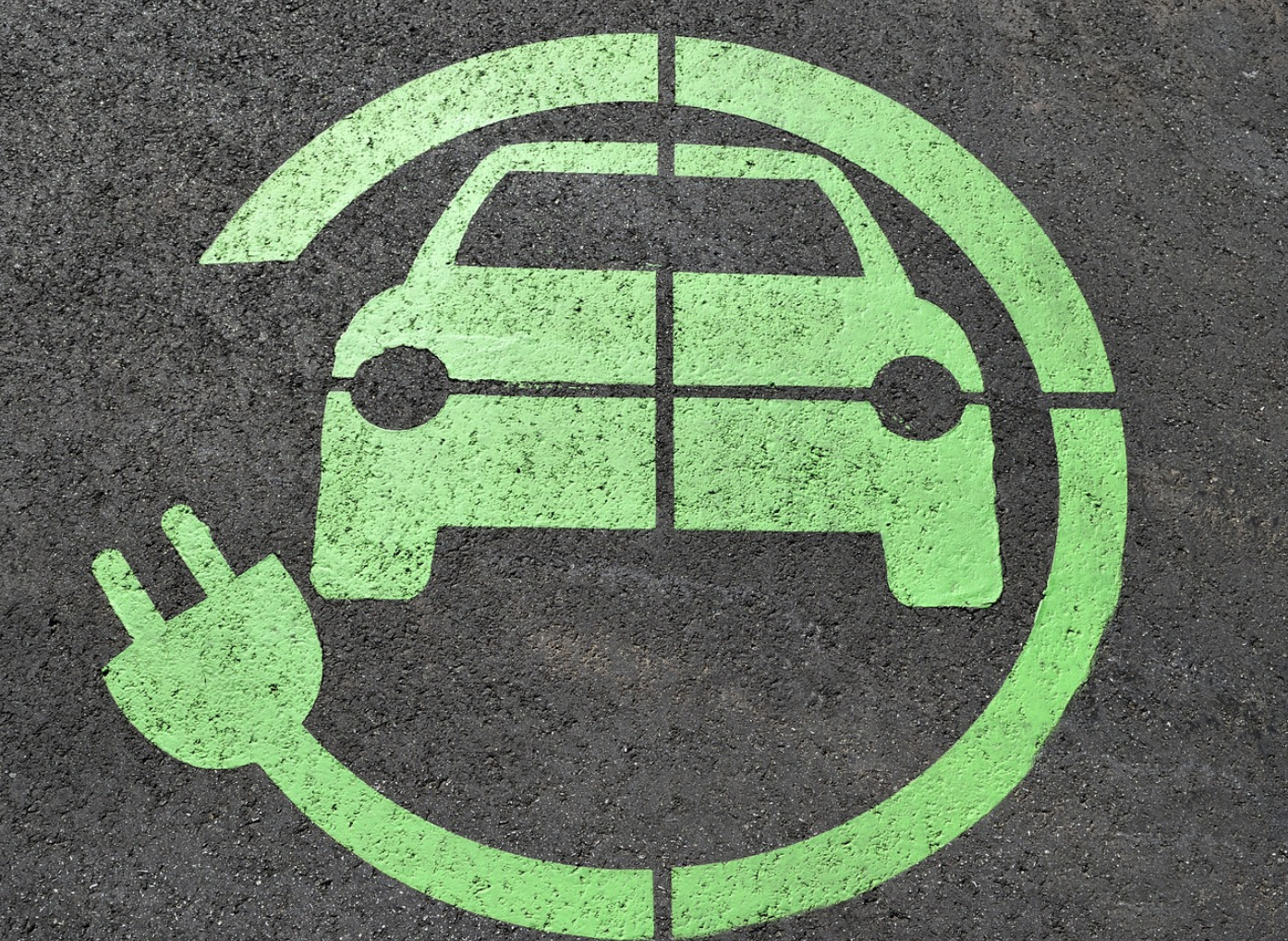Overall, electric vehicles make a compelling case for themselves, with long term savings on fuel and maintenance costs alongside a huge reduction in carbon footprint.
One of the greatest challenges facing the world today is climate change, with a new study claiming that Australia needs to reduce its emissions by at least 50% by 2030 in order to limit global warming to 1.5 degrees celsius. While much of the change needed is systemic, individuals also have a role to play by changing their lifestyles to be more eco friendly. One way to do this is to switch to electric cars.
However, Australia has been fairly slow to adopt electric cars so far, in part thanks to a number of concerns over their cost and capabilities compared to traditional fossil-fuel-powered internal combustion engine (ICE) vehicles. The technology surrounding electric vehicles continues to progress, though, eliminating many of the drawbacks they’ve suffered from up till now.
The question is — is 2021 the right time to switch to an electric vehicle?
Benefits of electric vehicles
The most obvious benefit of switching to an electric car is its reduced environmental impact. A report from the Select Committee on Electric Vehicles estimated that electric vehicles reduce carbon dioxide emissions per kilometre by half — 185g of CO2 per km for an ICE vehicle compared to 98g per km for a comparable electric vehicle charged off the national grid.
But the benefits of an electric car don’t end with the environment. Electric vehicles can also be much, much cheaper to run and maintain than their ICE equivalents. For starters, electricity is much cheaper than petrol and diesel. The Select Committee report estimated that on average an electric car costs only 3 cents per km in electricity, while a normal vehicle would need 10 cents per km for fuel. This difference can build up to a huge savings in the long run.
Electric vehicles are also much, much cheaper to maintain, mainly because they have far fewer moving parts and so create less wear and tear over time. For example, Tesla models generally only have around 20 moving parts in comparison to the average ICE vehicle’s 2000. As electric vehicle technology grows more sophisticated, the potential maintenance savings get better and better — as much as $1700 per year by 2030.
Finally, electric vehicles can provide a much smoother driving experience than their gas-guzzling counterparts — no combustion engine means a far quieter, more comfortable drive. Electric vehicles also have a lower centre of gravity thanks to their heavy-ion battery pack, giving them more stable steering and handling.
Drawbacks of electric vehicles
Electric vehicles aren’t without their flaws. The major one currently is that their upfront cost is much higher than for a normal car — while the savings on fuel and maintenance are attractive, a hefty price tag is still a major turn-off.
Another issue many drivers have with electric vehicles is range anxiety — thanks to a lack of charging stations, electric cars could run out of power before they can reach somewhere to recharge. This issue is being addressed through range-boosting tech such as regenerative braking which recharges the car with kinetic energy from braking, and through initiatives such as the Future Fuels Fund’s $16.5 million investment in fast-charging stations.

Convenience is another big factor in keeping drivers in traditional vehicles. As it stands, new parts are easier and cheaper to find for ICE vehicles, there are far more on the used car market if you need a cheaper option, and gas stations are much more common than charging stations (plus, refueling takes a matter of minutes rather than waiting for hours to charge an electric car).
All of this makes it hard to make the leap to an electric vehicle when normal cars are much more convenient and familiar for many people. However, in future the reverse may become true — as electric vehicles become more mainstream, ICE vehicles may start to be phased out along with all their associated infrastructure as electric vehicles gradually make them obsolete.
Should you switch to an electric vehicle?
Overall, electric vehicles make a compelling case for themselves, with long term savings on fuel and maintenance costs alongside a huge reduction in carbon footprint. The high upfront cost may be a turn-off, but if you can afford it, then an electric car is definitely worth it for the benefits it brings, and as their technology becomes more sophisticated with the introduction of new models, their other drawbacks will become less pronounced, too.


Join the conversation!